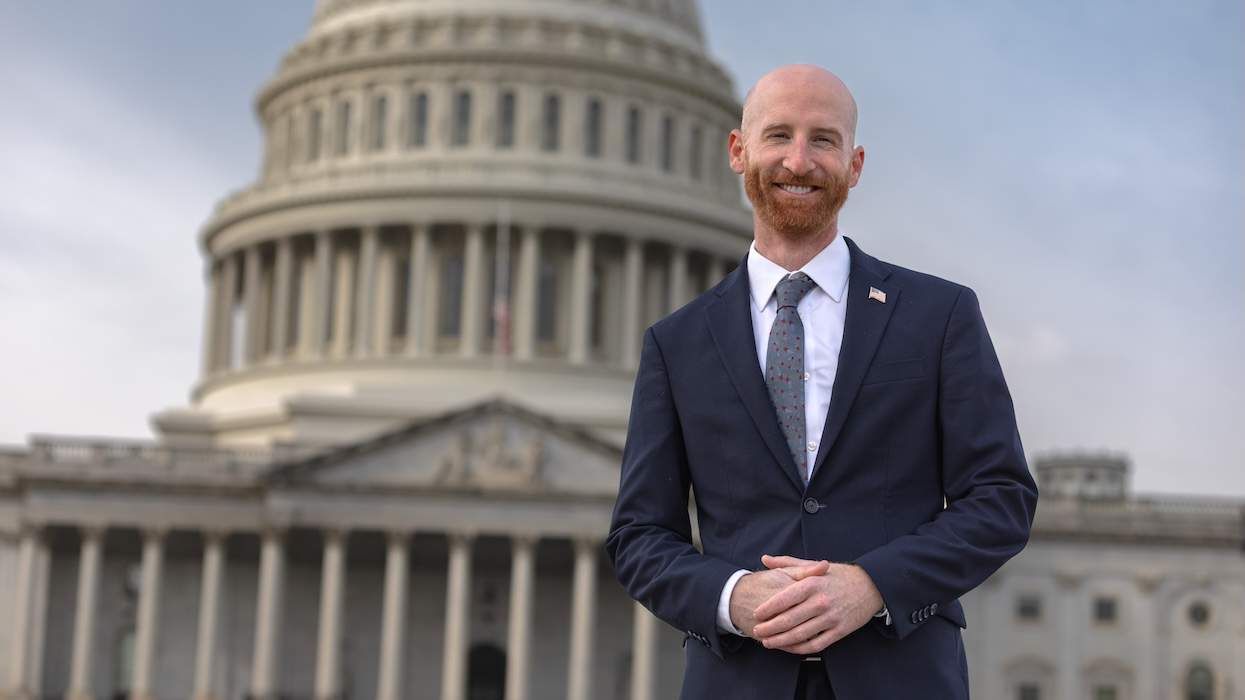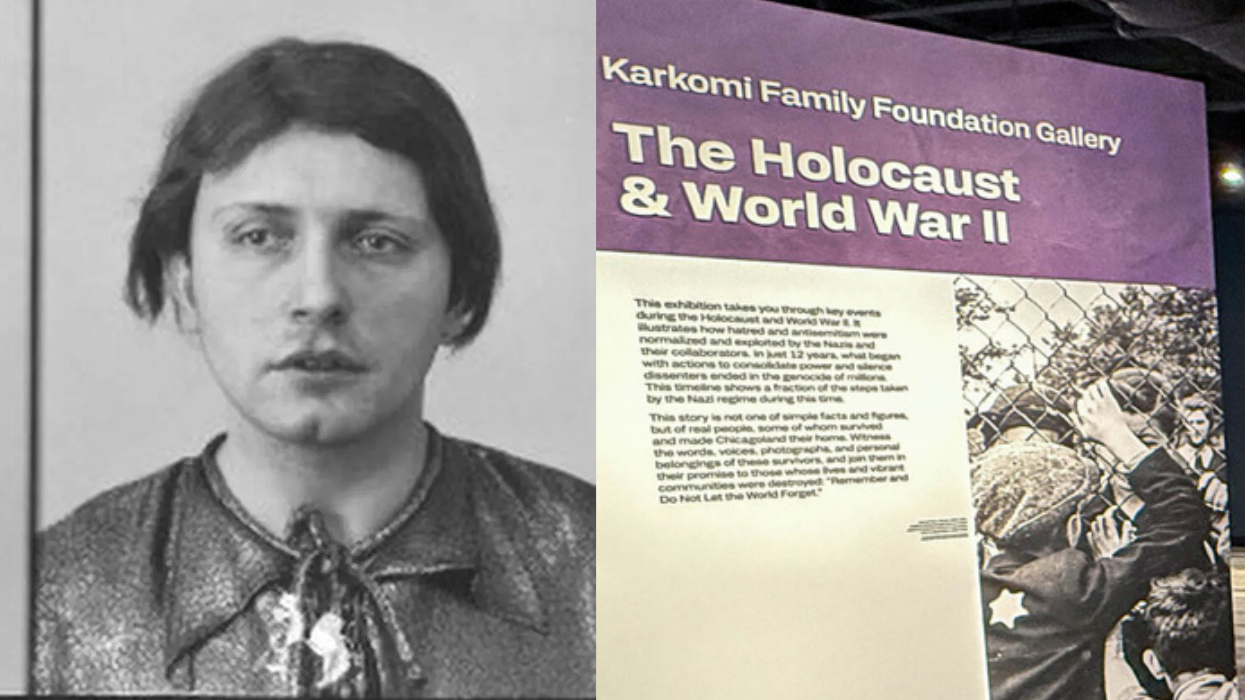President Bush's
latest pick to fill the U.S. Supreme Court seat being
vacated by retiring justice Sandra Day O'Connor once chaired
an undergraduate task force that recommended the
decriminalization of sodomy and said discrimination
against gays in hiring "should be forbidden," The
Boston Globe reports.
As a senior at
Princeton University in 1971, Samuel A. Alito Jr. and 16
other Princeton students issued a report that stemmed from a
class assignment to study the "boundaries of privacy
in American society" and to recommend ways to protect
individual rights. The far-ranging report, which
satisfied a requirement for public policy students and
which was stored in the university's Seeley G. Mudd
Manuscript Library, provided a glimpse of an Alito more
liberal than he is now perceived. "We sense a great
threat to privacy in modern America," Alito wrote in a
foreword to the report. "We all believe that privacy
is too often sacrificed to other values; we all
believe that the threat to privacy is steadily and rapidly
mounting; we all believe that action must be taken on
many fronts now to preserve privacy."
A classmate,
Jeffrey G. Weil, told the Globe on Tuesday that
Alito, one of the top seniors in his class, had been
selected to advise juniors writing the report, coaching them
through the research and then writing an introduction
explaining their recommendations. Alito was "not a
person who has an agenda in terms of changing the
world," said Weil, who is now a lawyer in
Philadelphia. His role was mostly advisory, said Weil, who
wrote the section of the report dealing with gay
rights but who said he could not remember whether
Alito personally agreed with the recommendations.
The Supreme Court
did not strike down laws prohibiting gay sex until the
Lawrence v. Texas case in 2003. Many social
conservatives have criticized that decision. As a judge,
Alito has not ruled on any major gay rights cases.
Richard H. Fallon, a professor at Harvard Law School,
said that it would be a mistake to read too much into
"little bits of evidence like this" and that even if Alito
held socially liberal views on gay rights, it would
not necessarily mean that he would vote in favor of
same-sex marriage or any other gay rights issue. "From
the fact that someone thinks legislators ought to forbid
discrimination," he told the paper, "it does not follow that
the person would necessarily think that the Supreme
Court of the United States ought to hold that the
Constitution forbids discrimination against gays."





































































Charlie Kirk DID say stoning gay people was the 'perfect law' — and these other heinous quotes